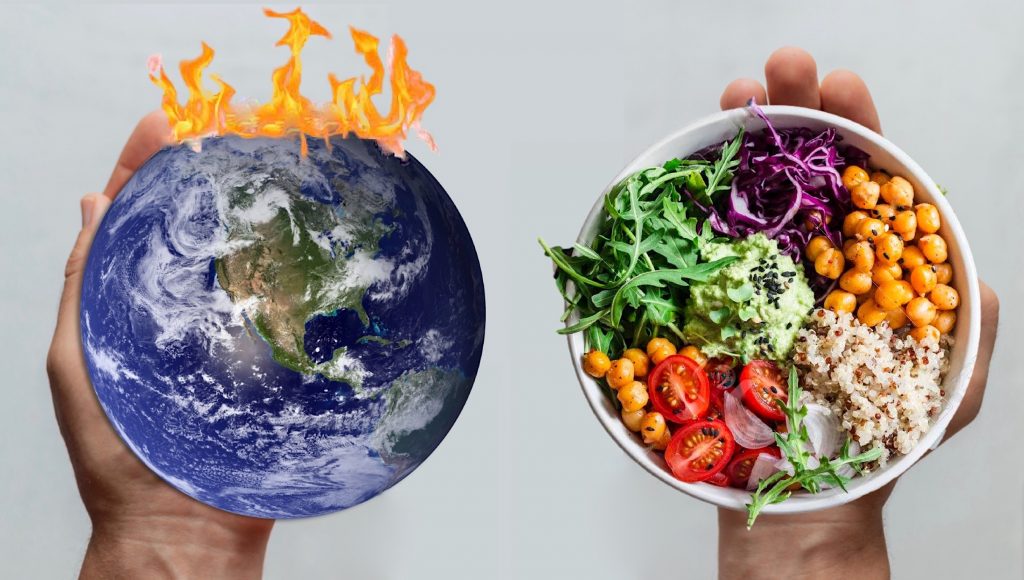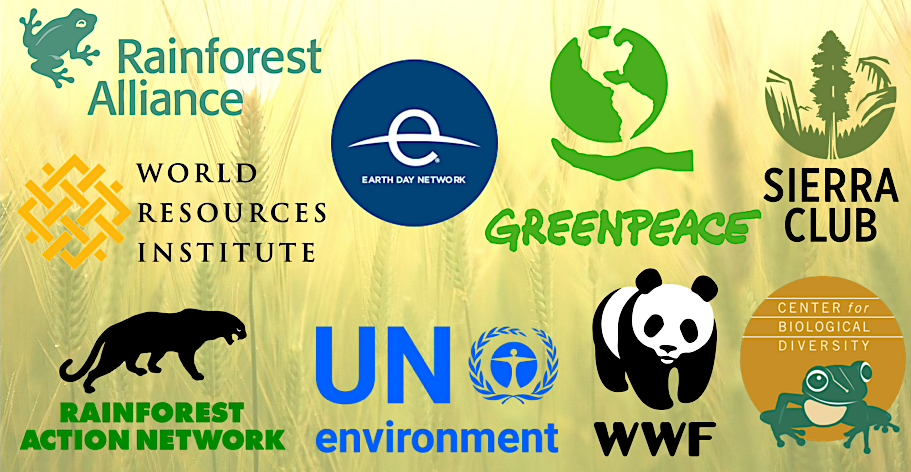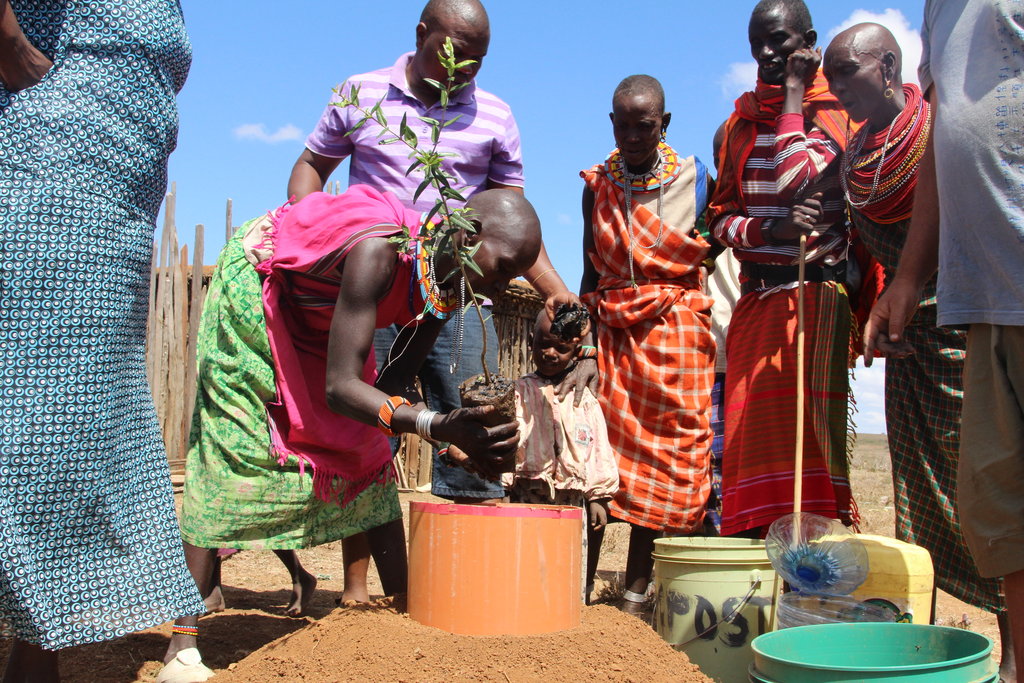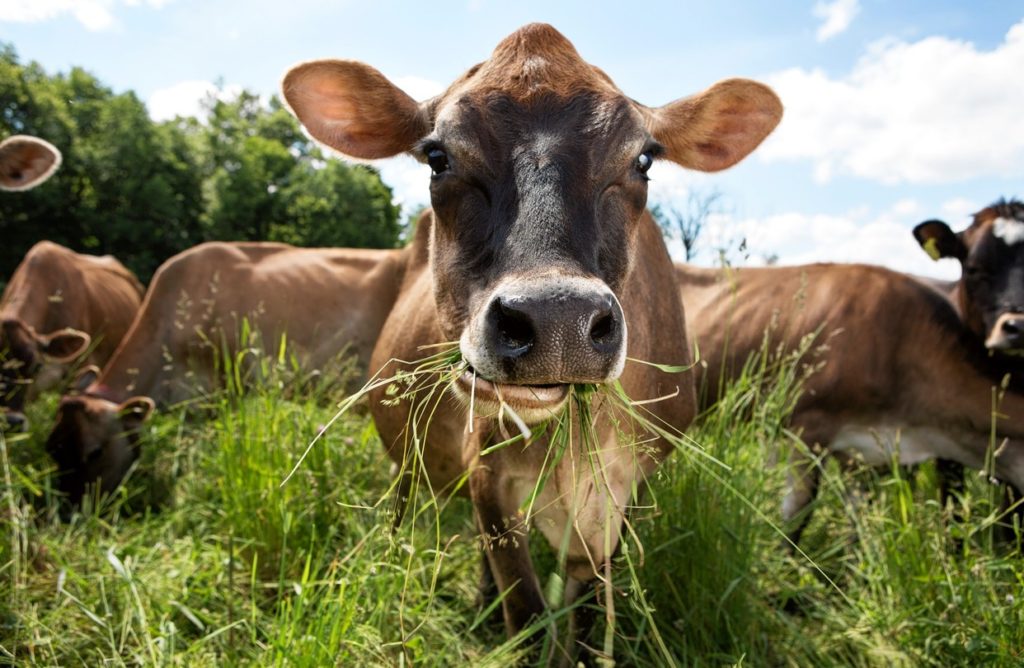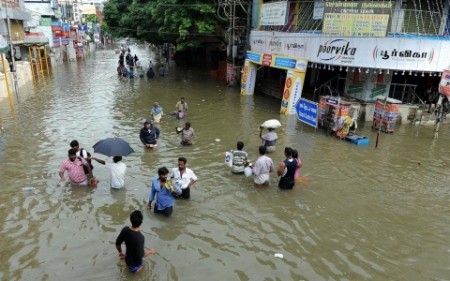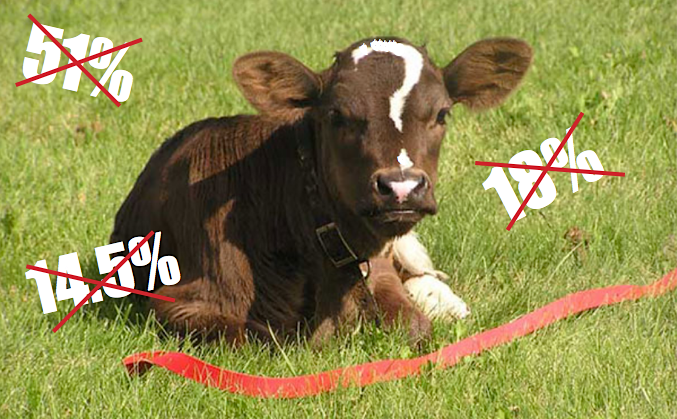In their most dire climate report to date, the UN’s Intergovernmental Panel on Climate Change (IPCC) has urged a switch to plant-based diets as the single most important shift individuals can make to halt the course of climate warming and prevent the most catastrophic impacts. For the first time in 34 years since the United […]
Holiday Gifting Got Your Goat? Don’t Have a Cow. Don’t Send One, Either.
The holiday season is here, which means many of us are aswirl in festive decorations, joyful songs, gift-giving ideas, and of course, advertisements luring us in for lots and lots of shopping. Yet as conflicts, economic turmoil, and the ongoing climate crisis wreak havoc around the world, millions of people are thinking outside the box […]
The Secret to Farming for the Climate
A major change to how we farm is not only necessary, it’s inevitable. The 2019 Climate Change and Land IPCC report described the need to focus on changing land use and current agriculture practices in order to address the climate crisis. A quiet but growing trend of stock-free, otherwise known as veganic, farming can protect […]
Get Your Protein From Nuts, Not Meat Says Major Medical Study
In one of the largest multi-year studies of its kind, a report published last year in the International Journal of Epidemiology looked at more than 81,000 Seventh-day Adventists in the US and Canada, with participants pretty evenly split between vegetarians and meat-eaters. From 2002 to 2007, participants kept records of what kinds of foods they […]
Environmental Organizations Say Eat Plants for the Planet
In recent decades, leading environmental organizations and policy makers have been conspicuously silent on the environmental impacts of our food choices. In particular, many activists have critiqued the absence of dialogue around the disproportionately destructive impacts of animal agriculture. But that appears to be changing.
Pastoralists Switch from Herding to Growing Crops
Animal gifting charities encourage supporters to purchase cows and goats for families in countries experiencing extreme hunger and poverty, often pointing to traditions such as pastoralism and nomadic herders’ longstanding reliance on livestock for sustenance. However, in response to climate change, pastoralists are increasingly abandoning animal husbandry and shifting to growing drought tolerant crops and climate resilient, indigenous fruits and vegetables instead.
Grass-Fed Beef Means Much More Methane
A new Harvard study finds that shifting to all grass-fed beef production in the U.S. would require 30% more cattle just to keep pace with present production. It would also increase beef’s methane emissions by 43% and would require more pastureland than we have. The researchers conclude the only way to guarantee lower environmental impacts is by reducing beef consumption overall.
Why We Need Plant-Based Approaches to Global Hunger
The holiday season is officially upon us, and groups like Heifer International and OxFam are ramping up their “animal gifting” donation campaigns with a deluge of catalogs and emails encouraging people to “gift” farmed animals to food insecure families in developing countries. But animal agriculture is a leading contributor to climate change and food insecurity. Here’s why efforts to reduce global hunger should focus on sustainable plant-based approaches wherever possible.
Animal Agriculture’s Impact on Climate – Do Percentages Matter?
Like me, you might be accustomed to seeing percentage figures on posters and elsewhere, indicating livestock’s share of greenhouse gas emissions. I’m not keen on quoting figures indicating livestock’s climate change impacts, unless I can try to explain them. Posters are not a great way to do that. One problem is that, while environmental processes are dynamic, the figures are often portrayed as if they’re set in stone. Another problem is that the figures depend on whichever factors have been taken into account, which can vary significantly from one report to another.
7 Ways Plants Are Fighting Global Hunger
Animal agriculture is a major driver of climate change and food insecurity. Efforts to reduce hunger should focus on sustainable plant-based approaches wherever possible. Here’s why and how.

